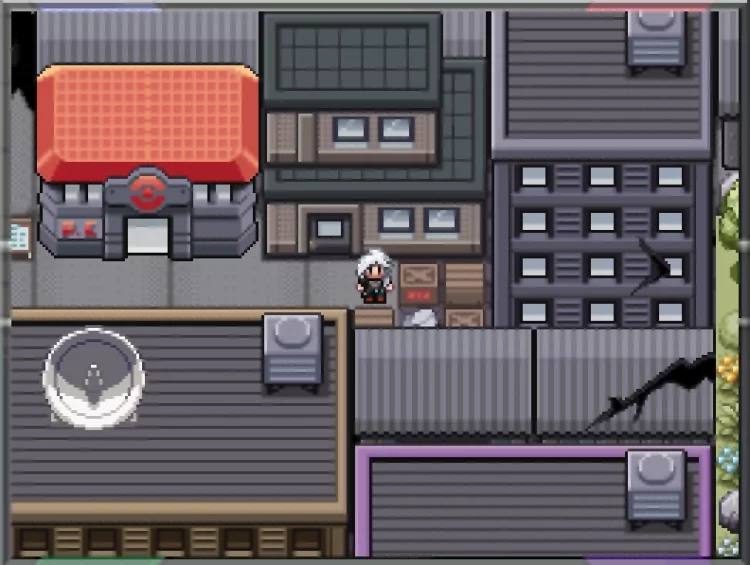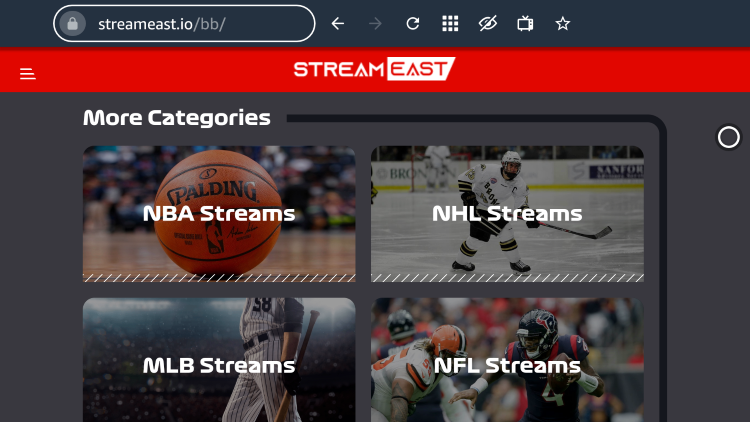LATESTNEWS
Best 12 Tower Defense Games in 2024
One popular and busy subgenre of strategy games is tower defence. It prefers quick-witted fighting and quick decisions to a...
Read moreBest 7 FPS Games on Android in 2024
Android's expanding game catalogue includes a varied selection of first-person shooter (FPS) titles. Unfortunately, it's not uncommon to come across...
Read more12 Best Slots Games for Android
One of the easiest casino games to play in the world is slots. They don't need much strategy or brain,...
Read moreThe Best Free Nintendo Switch Games
One of the most popular home consoles ever is the Nintendo Switch. As of right now, it's the best-selling Nintendo...
Read moreBest 10 Android TV Games
The launch of Android TV was intriguing. The developer community responded to the existence of a more stable platform than...
Read more10 Best NFL Football Games for Android
America's favorite sport is football, but baseball is still the country's pastime. Among the most watched sporting events in the...
Read moreBest 8 Game Controllers for Android 2024
Obtaining one of the top mobile gaming controllers is necessary if you want to be able to play your favourite...
Read more9 Best Minecraft Village Seeds For PC
There are a ton of locations for you to explore in the gorgeous and expansive open-world game, Minecraft. We've put...
Read moreBest 10 SNES Games of All Time
Even though Nintendo's cherished 16-bit system was introduced nearly thirty years ago, its contributions to the heyday of gaming haven't...
Read moreBest 12 Nintendo DS Games Ever
Not even Nintendo knew how the DS would be received by players. Originally positioned as a “third pillar” to complement...
Read moreMy Favorite iPhone 10 Games That Pay Real Money
If you enjoy playing mobile games, you may be curious about how to make your next gaming session profitable. Usually,...
Read moreThe 10 best Yu-Gi-Oh! cards
As one of the most well-known card games available today for more than 20 years, Yu-Gi-Oh! has accumulated a remarkable...
Read more













































